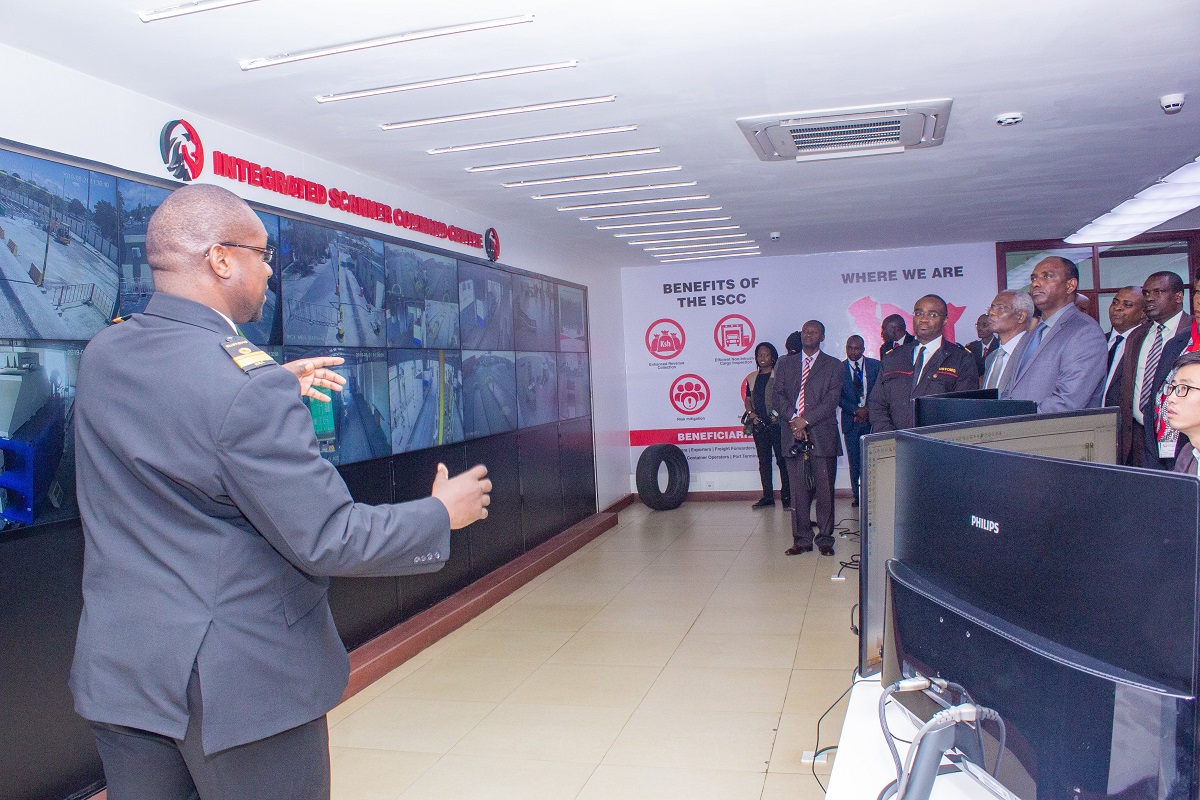Since time immemorial and in many jurisdictions, taxation has been perceived as a hard nut to crack. Thus the top global agenda on tax administration has been possible avenues to simplify tax processes.
Many scholarly findings argue that one of the most important outcomes of a simplified tax system is improved tax compliance. In his article titled Tax Simplification: Issues and Options (2001) published on Brookings in 2001, William Gale notes that successful simplification of the tax processes has numerous benefits.
Fundamentally, Gale notes that simplification of tax processes means reduced cost of compliance in terms of time, money, and mental anguish.
The discussion on simplification of the tax processes is very live in Kenya. The Kenya Revenue Authority (KRA) in conjunction with various economic and tax administration think-tanks have been on the frontline cracking the brain on the best way to simplify tax administration in the country.
One of the platforms that KRA uses to engage scholars and members of the public on tax matters is the annual tax summit. Now in its fifth year, it provides a perfect opportunity for fruitful engagements that inform important policy decisions on tax administration.
This year’s annual tax summit is anchored on the theme “Tax simplification and digitization for economic transformation”. The theme resonates well with the global agenda on the simplification of the tax administration process. The theme also aligns with the contemporary digitization of processes.
However, there has been a two-sided coin of perception when it comes to automation of the tax processes. On one hand, automation of tax processes is viewed as a crucial step towards conforming to the contemporary digital era. One of the merits of digitizing the tax processes is enhanced efficiency in tax administration.
Flashback to some years back when tax administration was largely manual. It would take inordinately too long to have crucial services delivered. For instance, before implementation of iTax, taxpayers had to visit KRA offices in person to apply for a tax compliance certificate, a process one can now initiate from the comfort of their house or office.
Enhancing tax collection
Prior to iTax, submission of tax returns, especially the annual income tax returns, was a nightmare.
Some term digitization of tax administration an obstacle to tax compliance, especially in countries with low uptake of information and communication technology. This begs the question: do we maintain the manual tax administration and lag behind in efficiency, or should we digitize the system in a simplified manner for enhanced efficiency?
This year’s tax summit, just like previous ones, provides an opportunity for members of the public and scholars to air their views on various tax policies and reforms with a view to making them suitable for administration in our jurisdiction.
The outcome of this year’s Tax Summit will be a landmark input in the transformation of tax administration.
Grace Wandera, KRA
In other words, the two-day annual tax summit promotes the spirit of public participation on tax matters. The Tax Summit shall be held at the Kenyatta International Conference Centre (KICC) on 16th and 17th October, 2019.
The resolutions reached at the Annual Tax Summit play a key role in informing KRA’s next course of action in improving tax administration in Kenya. During the 4th Annual Tax Summit held last year, for instance, a key resolution was the need for KRA to institutionalize engagements with the informal sector.
Though contributing significantly to the Gross Domestic Product of a country, it has been a tough task to bring the informal sector into the tax net. As a result, KRA has organized a series of tax seminars and sensitizations with the informal sector to better understand the sector.
See Also >> KRA Unveils New Plan to Raise Tax Revenues
Majority of the sector players are willing to be tax compliant. All they require is facilitation and information on how to do so. KRA is implementing other resolutions arrived at during the previous tax summits for purposes of making tax administration more efficient and at the same time improving the tax payment experience.
The outcome of this year’s Tax Summit will be a landmark input in the transformation journey of tax administration in Kenya.











Leave a comment